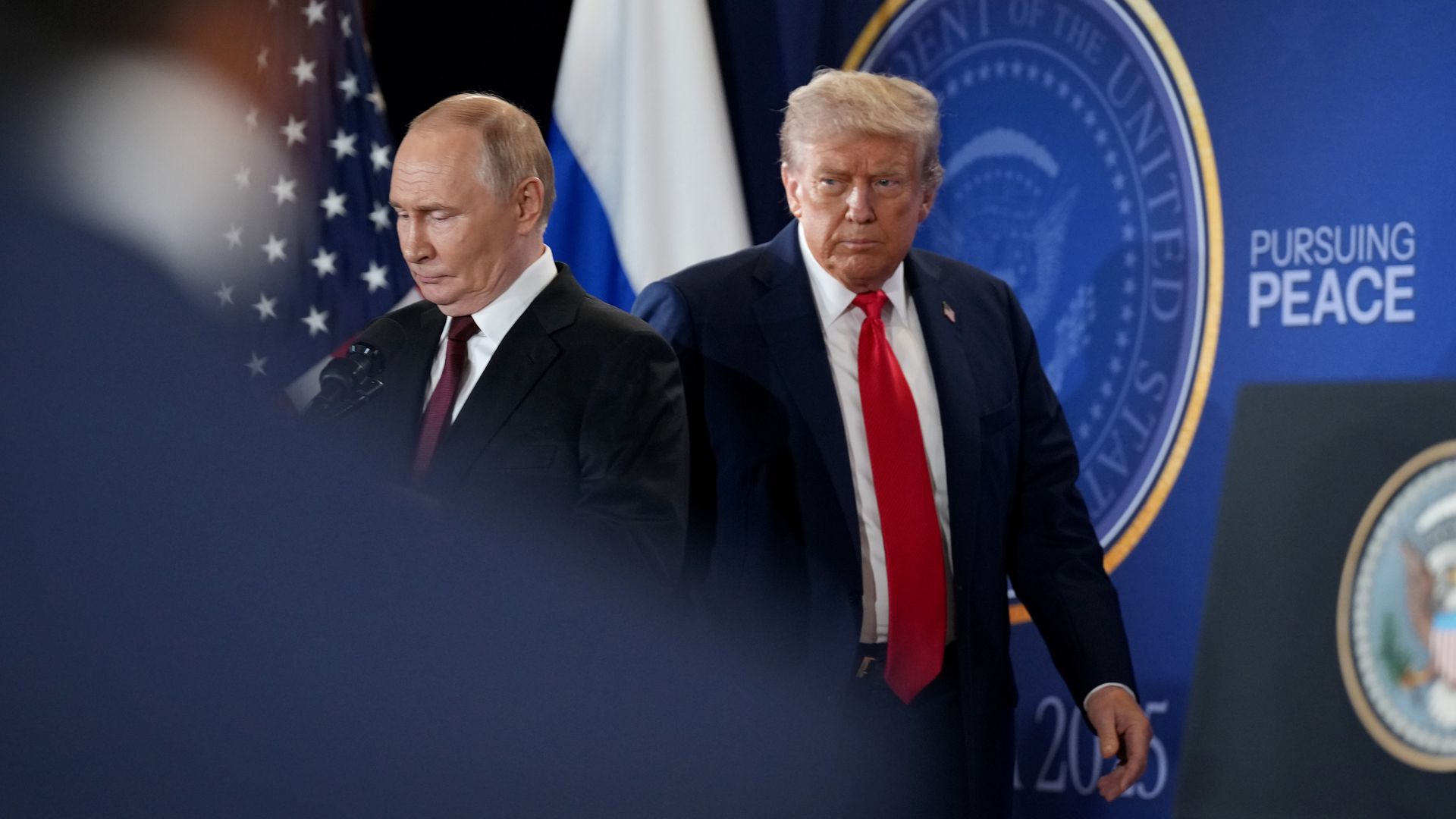Venezuelan opposition leader awarded Nobel Peace Prize, Trump loses out

Editor's note: The story was updated with a reaction by the White House.
Venezuelan opposition leader Maria Corina Machado won the 2025 Nobel Peace Prize for her efforts to promote democracy in Venezuela, the Norwegian Nobel Committee announced on Oct. 10.
The announcement coincides with reporting that U.S. President Donald Trump, who has openly expressed his desire to receive the Nobel Peace Prize, had sought to influence the committee's decision.
The committee described Machado as "a brave and committed champion of peace" who "keeps the flame of democracy burning amid a growing darkness."
Machado was recognized for her "tireless work promoting democratic rights for the people of Venezuela and for her struggle to achieve a just and peaceful transition from dictatorship to democracy."
The award is one of the five original prizes established by Alfred Nobel's 1895 will. It is awarded each year to individuals or organizations that have made significant contributions to peace efforts.
Commenting on the news, the White House said the "Nobel Committee proved they place politics over peace."
"President Trump will continue making peace deals, ending wars, and saving lives," White House communications director Steven Cheung said on X.
Trump has pursued multiple peace initiatives since returning to office, including efforts to broker a ceasefire between Israel and Hamas terrorists and peace talks between Ukraine and Russia.
Trump announced that Israel and Hamas had agreed to the first phase of a U.S.-brokered peace plan on Oct. 8, involving a 20-step process for ending hostilities and releasing Israeli hostages.
Nobel Committee Secretary Kristian Berg Harpviken told Norway's NRK broadcaster that the award recognized long-term democratic efforts rather than "last-minute achievements."
President Volodymyr Zelensky said on Oct. 8 that Ukraine would consider nominating Trump for the Nobel Peace Prize if he manages to secure a ceasefire with Russia.
Trump's efforts to broker peace between Kyiv and Moscow have stalled.
Despite his early claim that he could end the war within 24 hours, the conflict continues, with Russia insisting on maximalist territorial concessions and refusing to stop attacks.
The Alaska summit between Trump and Russian President Vladimir Putin on Aug. 15, initially intended to revive peace talks, ended without progress. Russian Deputy Foreign Minister Sergei Ryabkov later said the "strong momentum" to end the war had since dissipated.
Several other countries voiced support for Trump's nomination, including Israel and Russia.
Machado's Nobel recognition places her among the few Latin American figures honored for defending democracy under authoritarian regimes.











